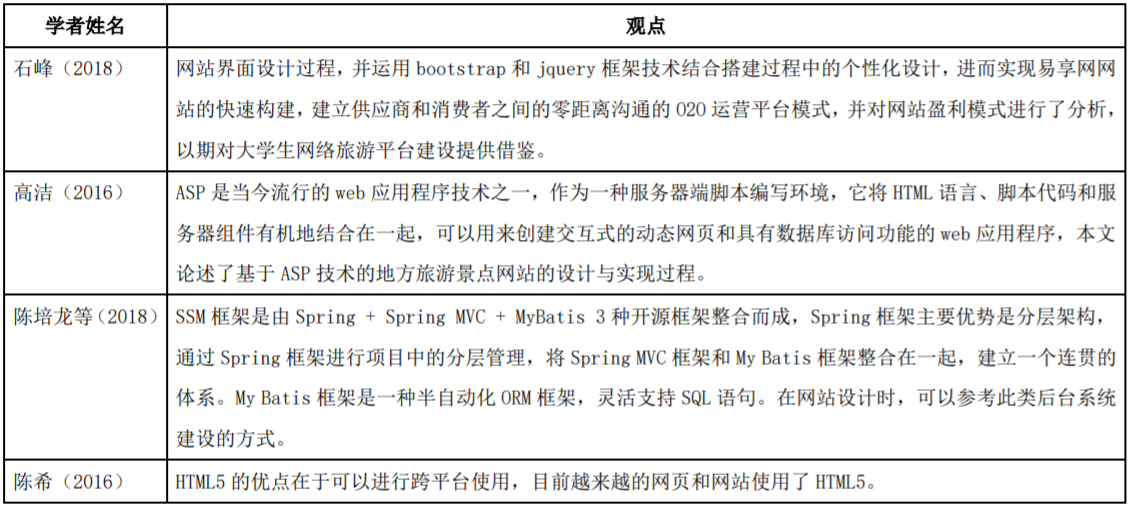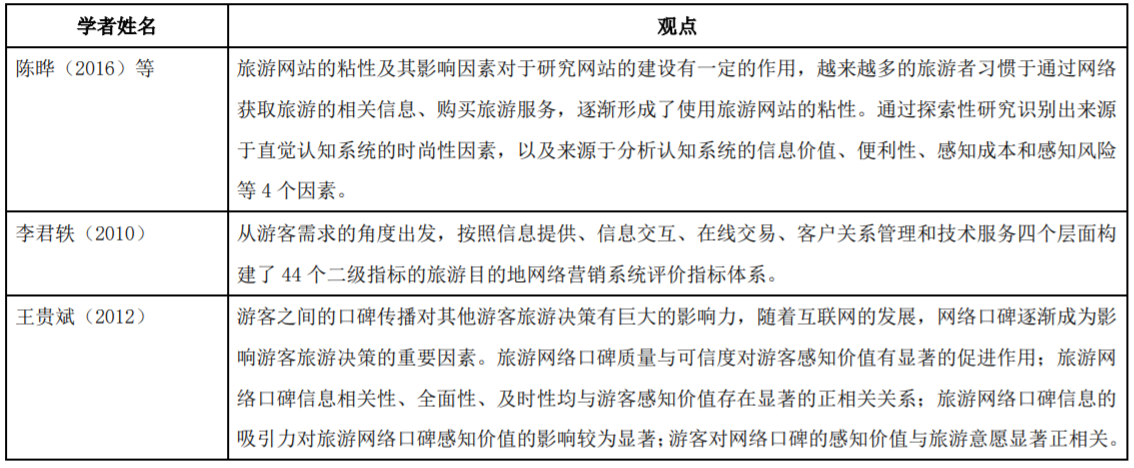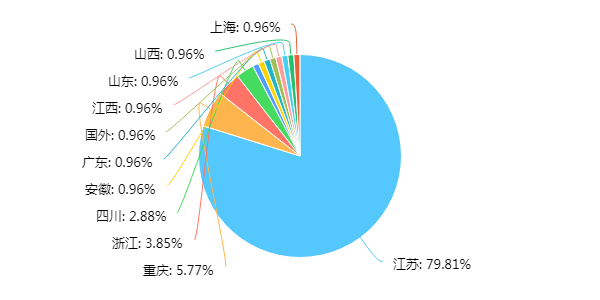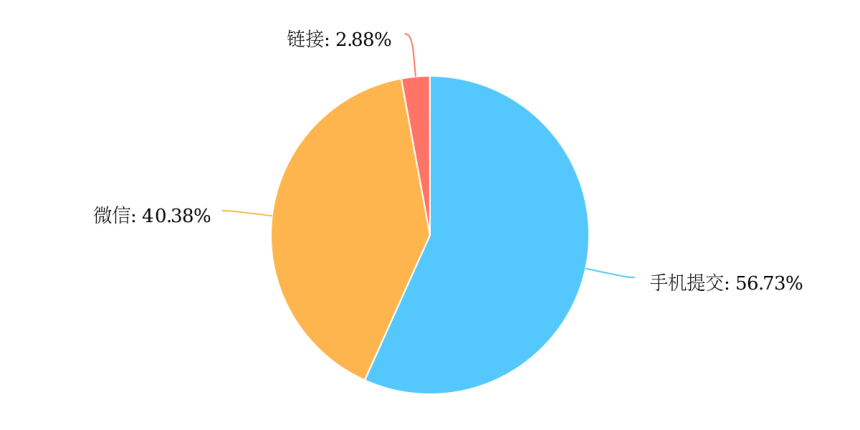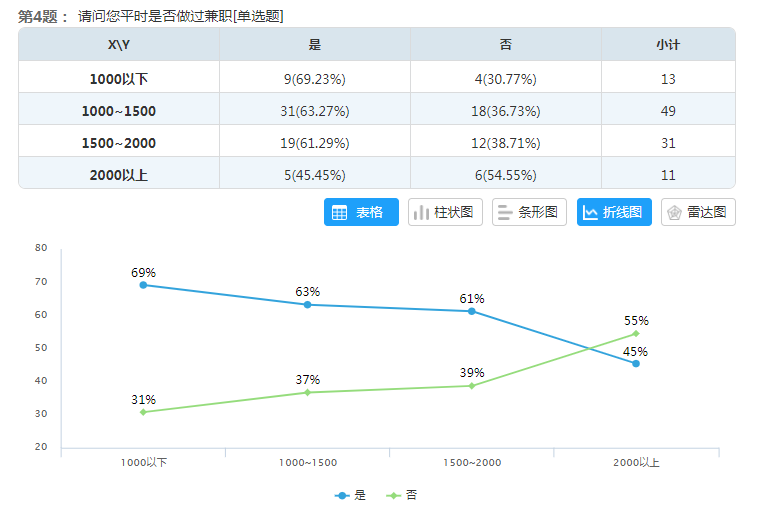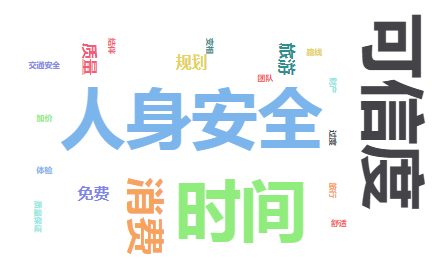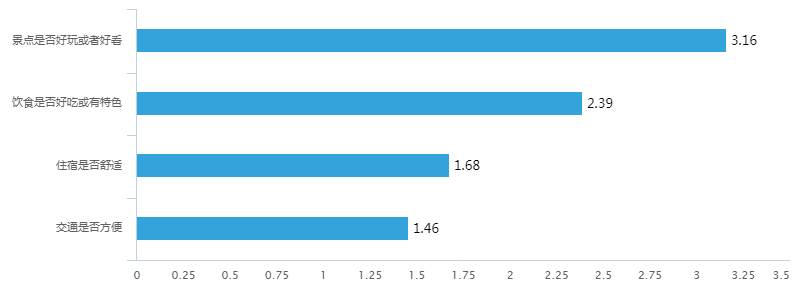大学生个性化旅游产品体验交流网站建设毕业论文
2020-04-24 10:18:31
摘 要
近些年旅游产业近年发展迅猛,政府出台一系列鼓励政策,也使得旅游产业的发展环境良好,市场前景广阔。但是旅游公司所能提供给消费者的旅游路线都是非常老套的,并且各大旅游平台上并未设立大学生专区。
本课题着眼于当前社会背景下,大学生旅游缺乏资金,没有属于大学生专区的旅游模式,而旅游公司的发展已经趋于稳定没有新意,旅游景点的新线路有待探索。针对于该现状,我们致力于为大学生和旅游公司建立一个交流平台,创办大学生个性化旅游产品体验网站。通过设计问卷,在了解大学生需求后对网站的主体功能进行分析,建立网站的大体模型。
网站将实现以下目标:和旅游公司合作在新旅游线路开发中为大学生提供旅游费用;为旅游公司提供新路线的开发人员;为旅游公司宣传新的线路,并通过和旅游公司合作来盈利。
关键词:大学生 个性化旅游产品 网站设计 新路线
The communication experience website construction of college students personalized tourism product
Abstract
In recent years, the tourism industry has developed rapidly in recent years. The government has introduced a series of incentive policies, which not only have made the tourism industry develop well but also have a promising market. However, the travel routes that tourism companies can provide to consumers are very old-fashioned, and there is no college student area majored on travel platforms.
Focusing on the current social background, college students are lack of funds in tourism, and there is no tourism mode belonging to the college students area. The development of tourism companies has become stable and there is no new idea. The new routes of tourist attractions need to be explored. In response to this situation, we are committed to establishing a communication platform for college students and tourism companies, and creating a personalized travel product experience website for college students. Through the design of the questionnaire, after analyzing the needs of college students, the main function of the website is analyzed, and the general model of the website is established.
The website will achieve the following goals: cooperation with travel companies to provide travel expenses for university students in the development of new travel routes; developers to provide new routes for travel companies; promotion of new routes for travel companies, and profitability through cooperation with travel companies.
Key words: college students; personalized tourism product; design of website; new routes.
目 录
摘 要 III
Abstract IV
第一章 导论 1
1.1 论文研究背景 1
1.2 论文研究目的及意义 2
1.3 论文研究内容与方法 3
1.3.1 研究内容 3
1.3.2 研究方法 3
第二章 大学生个性化旅游产品概述 5
2.1 国内外文献综述 5
2.1.1 国内研究文献综述 5
2.1.2 国外研究文献综述 6
2.2 影响大学生选择个性化旅游产品的因素 7
2.2.1 经济条件 7
2.2.2 网站信息安全性 7
2.2.3 网站满意度 7
2.2.4 营销与服务体系 7
第三章 大学生个性化旅游产品调查与分析 8
3.1 大学生个性化旅游产品——问卷设计与调查 8
3.1.1 问卷设计与方法 8
3.1.2 调研问卷数据与分析 9
3.2 大学生个性化旅游产品——调查结论 18
3.2.1 大学生旅游特点 18
3.2.2 大学生旅游目的地需求 19
3.2.3 大学生对个性化旅游产品的界定 20
3.2.4 大学生个性化旅游产品模式 20
3.3 大学生个性化旅游产品网站战略分析 21
3.3.1 SWOT分析法概述 21
3.3.2 大学生个性化旅游产品网站SWOT分析 22
第四章 大学生个性化旅游产品网站设计思路 24
4.1 大学生个性化旅游产品网站概述 24
4.1.1 大学生个性化旅游产品网站营销体系概述 24
4.1.2 大学生个性化旅游产品网站功能概述 24
4.2 大学生个性化旅游产品网站管理系统设计 25
4.2.1 大学生个性化旅游产品网站总体架构设计 25
4.2.2 大学生个性化旅游产品网站模块设计 27
4.2.3 大学生个性化旅游产品网站功能设计 31
4.3 大学生个性化旅游产品网站设计 34
4.3.1 大学生个性化旅游产品网站运营模式设计 34
4.3.2 大学生个性化旅游产品网站前台设计 34
4.3.3 大学生个性化旅游产品网站后台设计 36
4.3.4 大学生个性化旅游产品网站数据库设计 37
4.4 大学生个性化旅游产品网站设计概念图 37
4.1.1 首页设计概念图 38
4.1.2 二级页面设计概念图 40
第五章 总结 42
5.1 研究局限性 42
5.2 总结展望 42
参考文献 43
附录 46
致谢 54
第一章 导论
1.1 论文研究背景
随着互联网技术的发展,旅游网站可以给旅游者提供方便、准确、生动的信息,人们常常通过网络关注感兴趣的主题、分享自己的旅游体验并参与其中的互动。中国的在线旅游正处在一个快速发展的时期,它大大提高了旅游服务的效率,降低了服务成本,实现了跨行业和跨部门的旅游信息资源整合。国内主要的旅游电商如携程网、同程网、驴妈妈、去哪儿网、途牛网等均呈现出规模扩张的态势,纷纷采取秒杀、抽奖、优惠券、团购等多种营销手段争夺市场。
同时,随着移动互联网技术平台的发展,“互联网 ”和创新驱动战略大背景孕育产生了一种新型经济模式―“共享经济”(Sharing Economy),作为与其有着天然契合的旅游共享经济正逐步引领旅游业优化升级,租房、拼车等旅游共享方式逐渐成为人们的关注焦点,通过分享、合作、互助,灵活使用资产,化“闲”为“宝”,以第三方网络平台为媒介实现个体间闲置资源的合理配置及再利用[1]。
相关图片展示:
